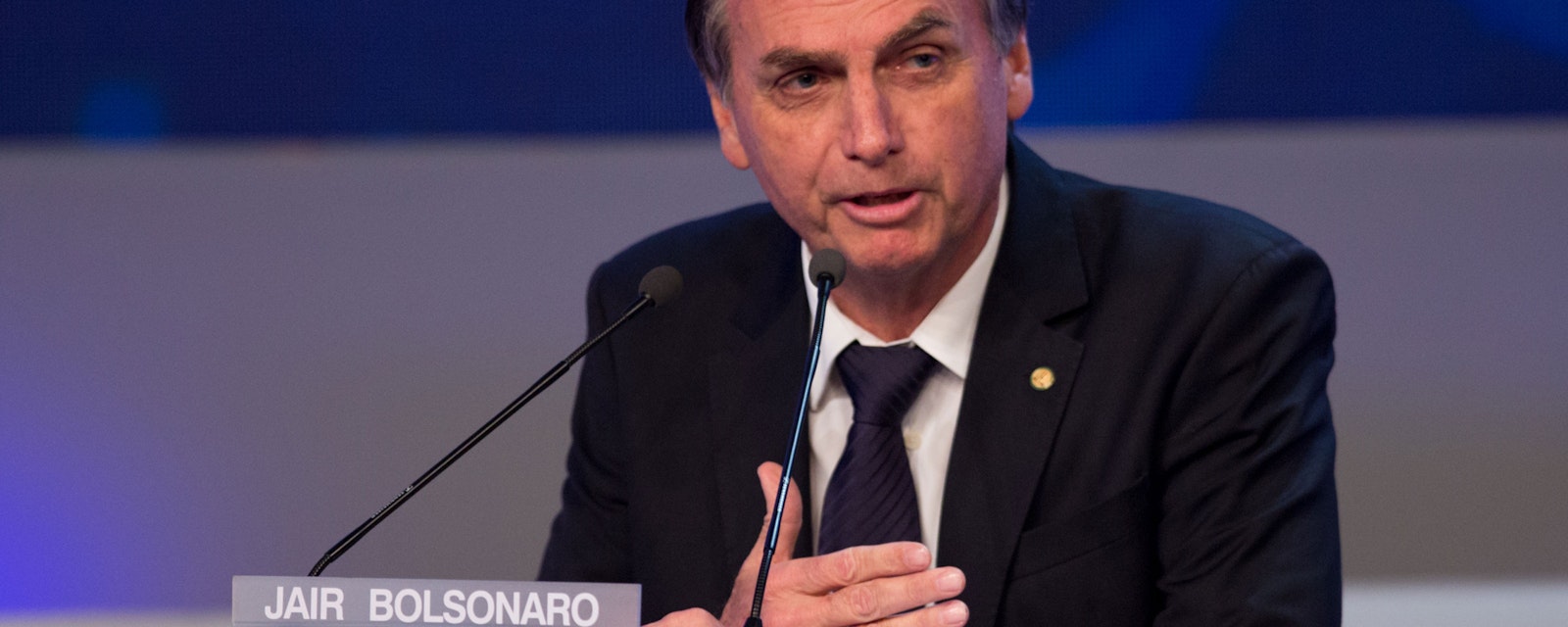As expected, the far-right candidate of the Social Liberal Party (PSL), former army captain Jair Bolsonaro won the presidential elections on 28 October.
Bolsonaro won 55.13% of the valid votes over 44.87% of his leftist opponent from the Workers’ Party (PT) Fernando Haddad. His ten-percentage point victory was convincing, but it was only more significant than Dilma Rousseff’s 2014 victory over Aecio Neves (PSDB) in the last six presidential elections. This means that the President-elect will need to be mindful of the limits of his presidency’s legitimacy, which should serve to guard him against going overboard in terms of implementing controversial aspects of his electoral platform. All the same, he will need to be open to negotiations with Congress as he tries to balance the fulfilment of campaign promises on social issues with the urgency of economic reforms.
His victory confirmed his role as the main representative in the elections of a strong indignation against corruption, politics as usual, and the Workers’ Party and its supreme leader Luiz Inácio Lula da Silva, combined with an equally strong demand for enhanced public security and the defense of family values in Brazilian society. The economic imperative was also important but much less so than a perceived need for a significant political about-face. In that sense, having the PT as opponent made the journey to the presidency easier than it might have been the case with candidates from other parties given the Workers’ Party’s centrality in corruption scandals and the longest economic recession in Brazil’s recent history.
Bolsonaro will start the transition work with the current Michel Temer administration on 30 October. This should serve to allay fears and boost public confidence by showing clarify of purpose and resolve even before inauguration day on 1 January 2019. If he succeeds in doing so, he will start his government with a head start and thus increase the chances of extending his honeymoon with the political establishment, the media and society. In addition to nominating respectable cabinet members, Bolsonaro should soon start putting forth plans for impact measures such as ending red-tape or diminishing the size of government. On the strictly political front, the first-order priority is for him to be perceived as a facilitator – not a detractor – in the election process for the presidencies of both chambers of Congress, which is to take place just one month after his inauguration, in the beginning of February.
The president-elect knows that the clock started to tick on his capacity to deliver needed economic reforms and will also focus on putting together the necessary three-fifth majorities in both chambers as soon as possible. If he fails to meet this challenge, his government may run into serious trouble too early in the game.




